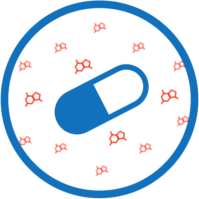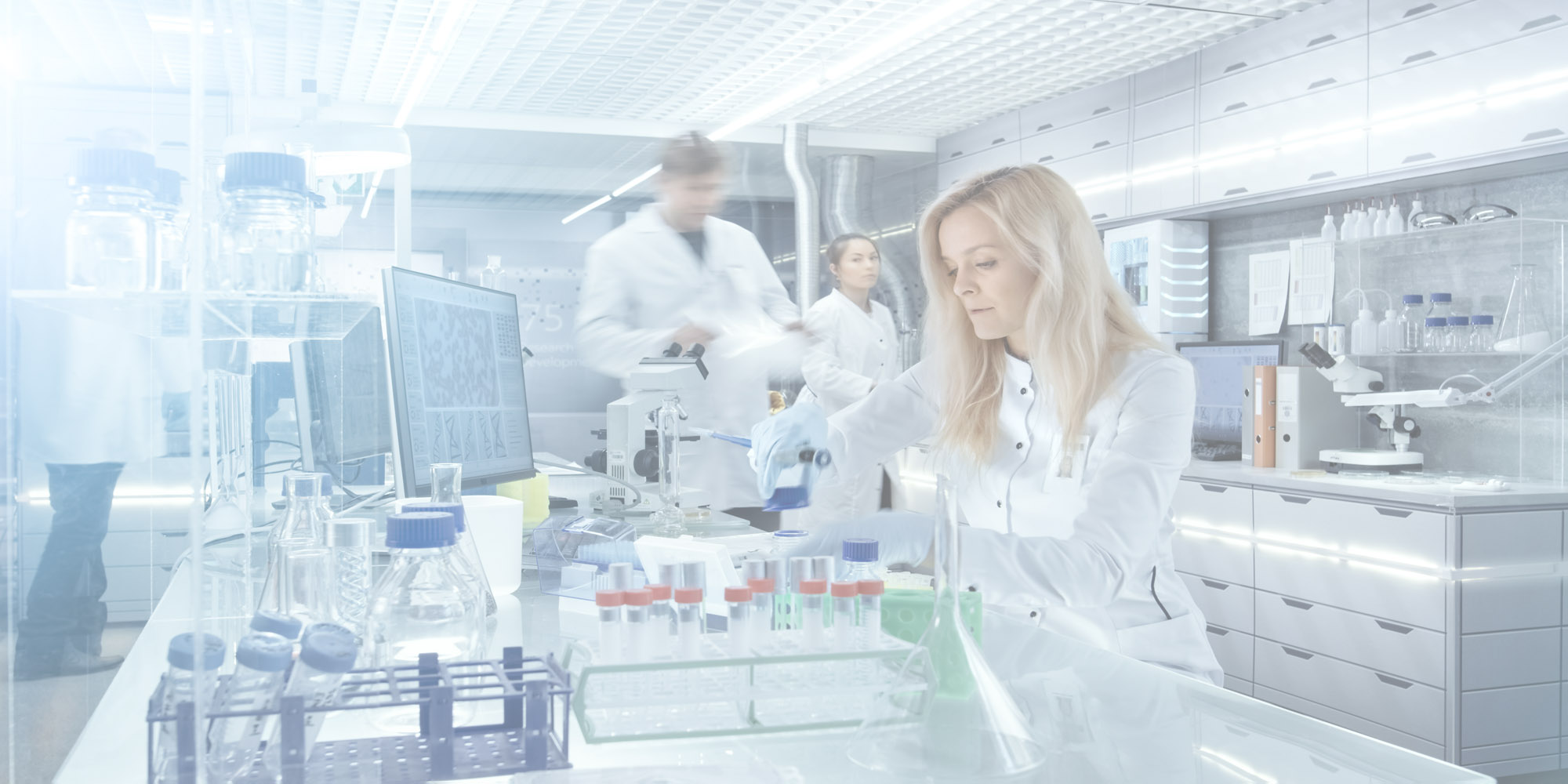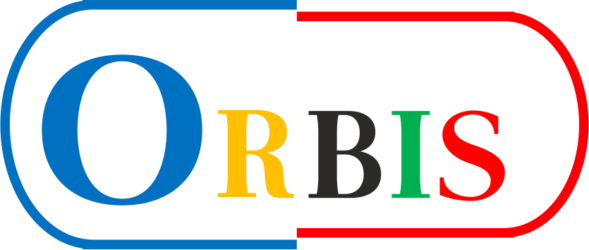
Work Package 3
Biopharmaceutical evaluation
of dosage forms and drug delivery systems
The primary goal is to test pharmaceutical dosage forms in biorelevant in vitro conditions and in vivo using appropriate animal models or human subjects.
The dissolution test devices, developed by PHY, are capable of real simulation the mechanical and physicochemical conditions that act on dosage forms during their gastro-intestinal passage and will enable the preclinical evaluation of their biopharmaceutical safety and reliability. The applicability of the test methods was successfully validated on numerous examples of clinical relevance as well as in the routine analyses of solid oral dosage forms and this approach will be applied to test the biopharmaceutical properties of systems developed in WP3. Human skin co-cultures of fibroblasts and keratinocytes using collagen as well as novel polymers as dermal matrices possessing similar drug permeability to human skin will be used to test the drug permeation for systems developed in WP3 (RUTG), while UoH has access to skin permeability tests and cell cultures. Drug permeability pathways and the effect of agents on skin membranes will be investigated using confocal microscopy as well as scanning electron microscopy (SEM), transmission electron microscopy (TEM), Raman spectroscopy and FTIR. Novel bioanalytical methods will be developed using high-performance liquid chromatography (HPLC) with different detectors: mass spectrometry (MS), fluorimetry (FL) and UV-Vis. Modern HPLC columns will be used to achieve reasonable analysis time. Biological samples will be prepared for analysis using protein precipitation, liquid-liquid extraction, cloud-point extraction or solid-phase extraction. Validation will be performed according to guideline issued by European Medicines Agency (EMA), in GLP-certified laboratory at PRI. Pharmacokinetic calculations will be performed using WinNonlin software, while SAS or Statistica will be used for statistical analysis.
In addition to the tools and methods described above, the seconded researchers will have access to manufacturing facilities at the laboratory, pilot and full-scale, of GMP-class, at ZNT and FMK. The participants can appreciate the full development cycle of oral dosage forms, where the QbD principles are applied in compliance with ICH Q8 and GMP requirements. FMK owns their own automated lines of equipment, providing downscaled reproduction of manufacturing procedures and a range of state-of-the-art instruments to study physicochemical processes. APC will contribute their expertise in engineering process performance across the full life cycle of a medicine, from route synthesis and early phase development to manufacturing support and next generation development. APC’s platform research technologies, ACHIEVETM and BioACHIEVETM, will be available to provide information on processes through proprietary models, continuous crystallisation and operation, upstream and downstream processing, in-line technology and advanced analytics, application of design of experiments (DoE) and QbD systems. UoH is a founder member of Pharmaceutical Solid State Research Cluster (www.pssrc.org), which allows broad high-quality access to diverse expertise in the area of design, processing and characterisation of solid dosage forms. TCD is a key member of the SSPC (www.sspc.ie) and access to a range of advanced techniques for characterisation and formulation will be granted through this network.

